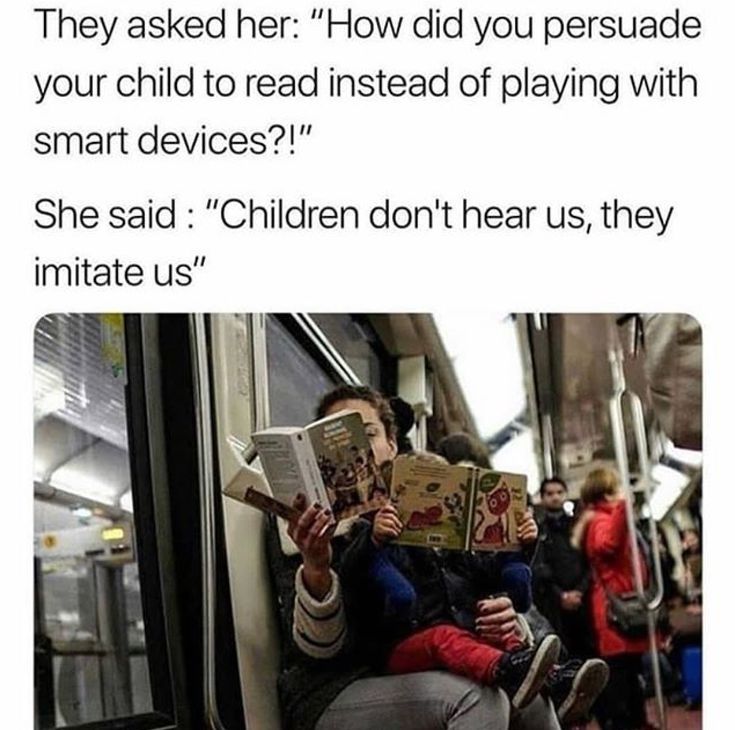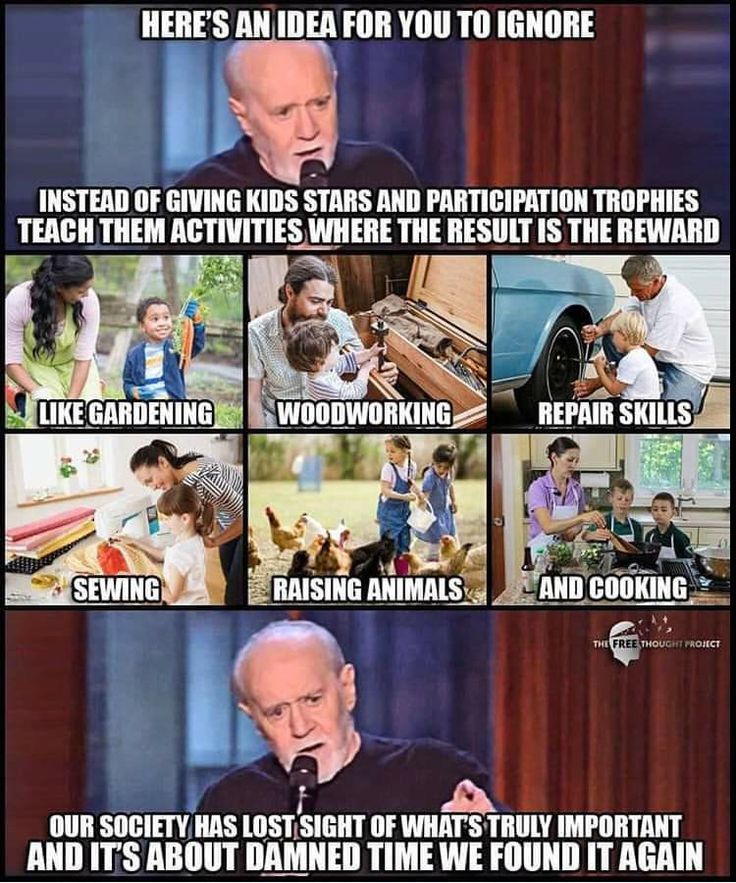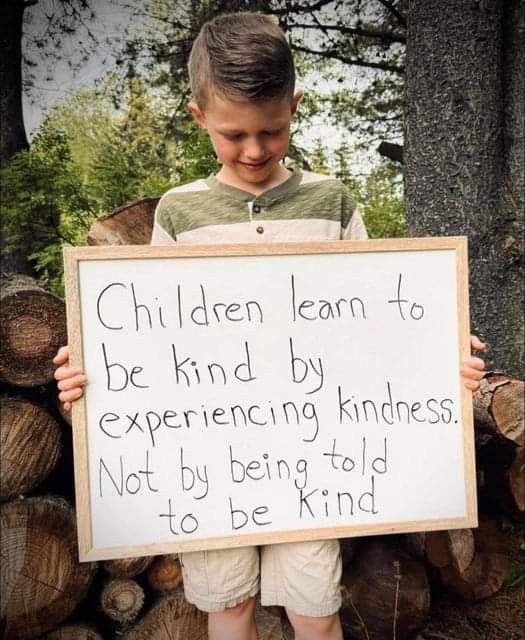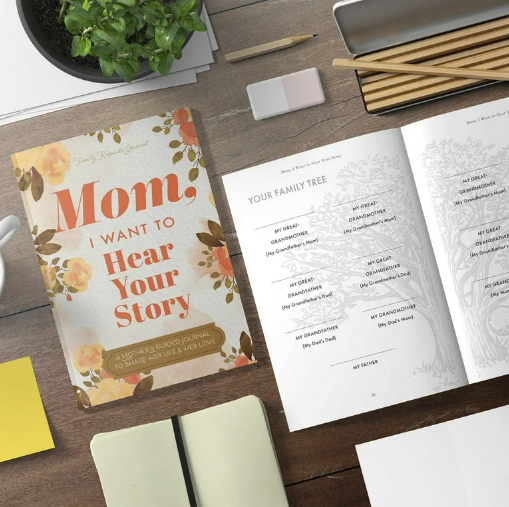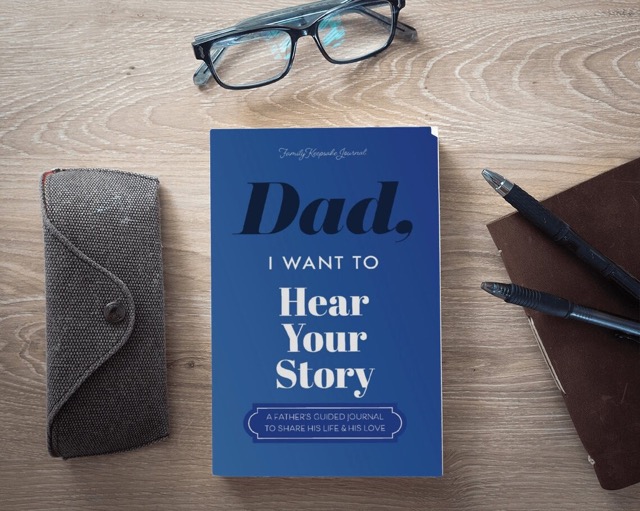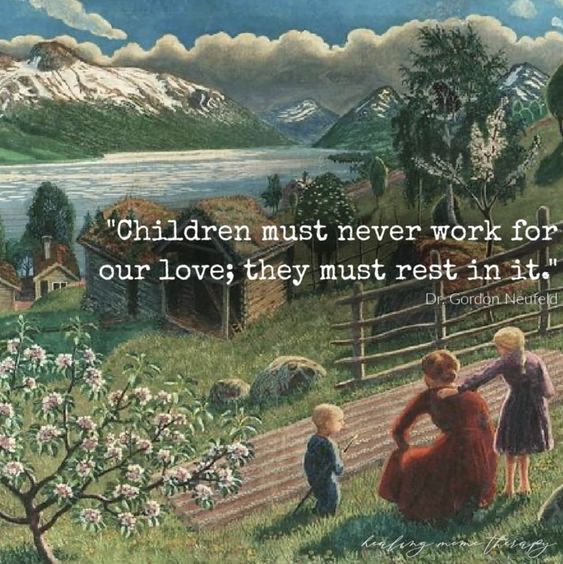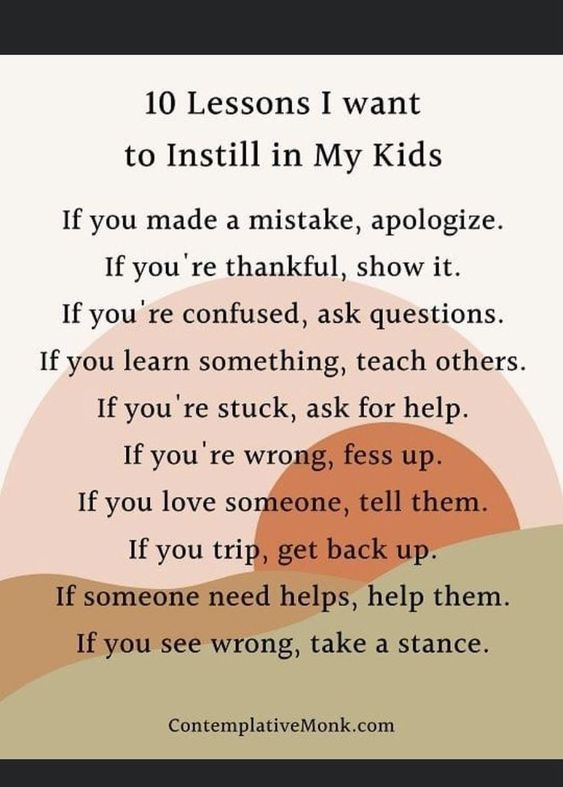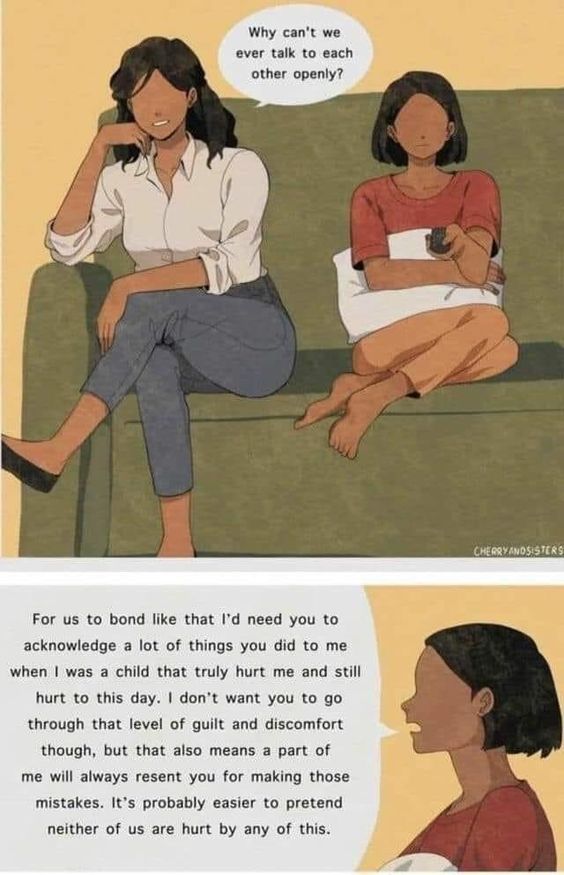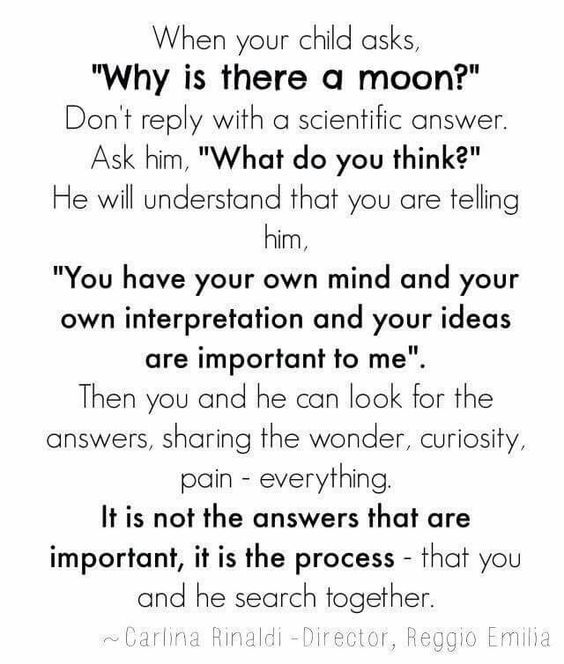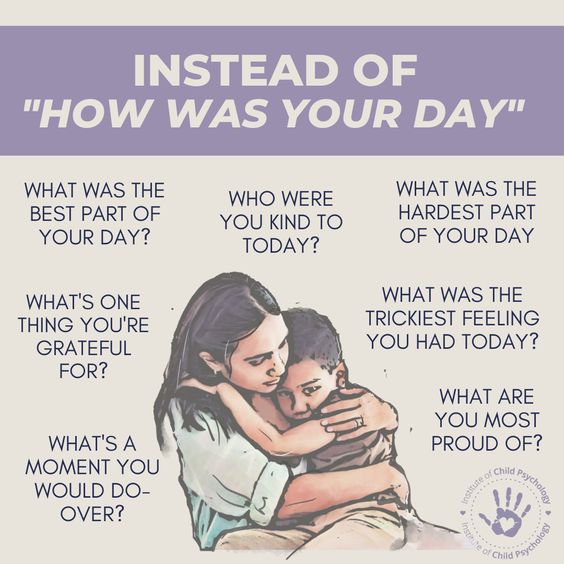“A parent who acknowledges the fragility of life understands that every moment with their child is a gift not to be wasted. A wise parent looks at the world, harsh as it is, and says, ‘I see what you’re capable of, what you might do to my family tomorrow, but today, you’ve spared us. I will not take that for granted.’ That is how we must live—not just with our children, but with our wealth, our health, the peace in our country, the clear skies above.”
Ryan Holiday
Mom, I Want to Hear Your Story
Why We ♥ It: The best-selling and acclaimed way for you to discover everything from your Mother’s childhood memories to the profound turning points in her life. Featuring expertly crafted questions in an easy-to-use layout, each intentional section gives your mom a place to share and reveal her life story and memories with you while creating a lasting legacy.
Dad, I Want To Hear Your Story
Why We ♥ It: This book will guide your Father with prompts and questions, making it fun and easy for him to share the stories of his childhood, teens, and adult years. This will be the tale of his life, his victories, his challenges, and his lessons. You will give your dad a gift he will cherish while also giving yourself the gift of knowing him a little bit (or a lotta bit) better.
“If your children lie to you, who has made them afraid to tell the truth?”
Unknown, via No Excuses! (Page 255)
“On a regular basis, you should sit down with your spouse and later with your children to have the courage to ask them these four questions: (1) Is there anything that I am doing that you would like me to do more of? (2) Is there anything that I am doing that you would like me to do less of? (3) Is there anything that you would like me to start doing that I am not doing today? (4) Is there anything that I am doing that you would like me to stop doing altogether? When you have the courage and discipline to ask these four questions of your spouse and your children on a regular basis, you will be amazed at the quality and depth of the answers you receive. You will get continual guidance on how you can modify and adjust your behaviors to maintain higher levels of harmony, happiness, and love with your spouse and the other members of your family.”
Brian Tracy, via No Excuses! (Page 255)
“What father, what teacher could shield [his son] from living his own life, soiling himself with life, burdening himself with guilt, drinking the better drink himself, finding his path himself? Do you really believe, dear friend, that anyone at all is spared this path? Perhaps your little son because you love him, because you would like to spare him pain and sorrow and disillusion? But even if you died for him ten times over, you could not take away even the tiniest bit of his destiny.”
Hermann Hesse, Siddhartha (Page 106)
“[Siddhartha’s son] too is called, he too is of eternal life. But do we know then, you and I, to what he is called, to what path, to what deeds, to what sufferings? His sufferings will not be small, his heart is too hard and proud. Such hearts must suffer much, wander much, do much injustice, saddle themselves with many sins. You never force him, never beat him, never order him, becasue you know that soft is stronger than hard, water stronger than rock, love stronger than violence. Very good, I praise you. But is it not a mistake to your part to believe that you never force him, never punish him? Do you not bind him in bonds with your love? Do you not shame him daily and make things even harder for him with your kindness and patience? Do you not force him, the arrogant and pampered boy, to live in a hut with two old banana eaters, for whom even rice is a delicacy, whose thoughts cannot be his, whose hearts are old and silent and take a different course from his? Is he not forced by all this, not punished?”
Hermann Hesse, Siddhartha (Page 105)
“Your children are not your children.
Kahlil Gibran, The Prophet (Page 15)
They are the sons and daughters of Life’s longing for itself.
They come through you but not from you,
And though they are with you yet they belong not to you.
You may give them your love but not your thoughts,
For they have their own thoughts.
You may house their bodies but not their souls,
For their souls dwell in the house of tomorrow, which you cannot visit, not even in your dreams.
You may strive to be like them, but seek not to make them like you. For life goes not backward nor tarries with yesterday.
You are the bows from which your children as living arrows are sent forth.”


